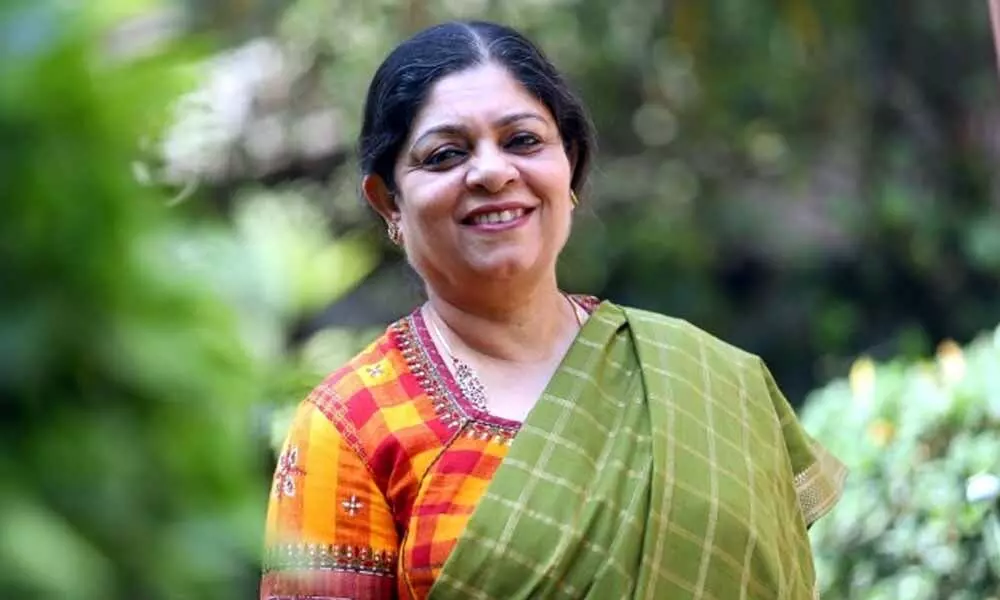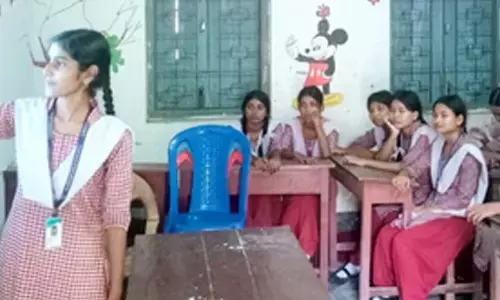Population Foundation of India recommends critical attention to women, youth after Lancet study predicting 1.6 billion Indians in 2048

Poonam Muttreja, Executive Director of Population Foundation of India
A recent study in The Lancet warning that India’s population will touch 1.6 billion by 2048 has raised.concerns.
A recent study in The Lancet warning that India's population will touch 1.6 billion by 2048 has raised.concerns. To combat this statistic, National NGO Population Foundation of India suggests that an integrated policy to attend to the needs of women and youth could help shape a better socio-economic average in the years to come.
Explaining further, Poonam Muttreja, Executive Director of Population Foundation of India said that while the study projections confirm increase in India's population till 2048, considering India is a young country today with two thirds of its population below 35 years of age, and women constituting nearly half of India's population, a coordinated policy response to women's and young people's needs is critical. "It will lead to better health, social and economic outcomes, by providing adequate financial investments and access to quality family planning services, female education and employment opportunities," Ms Muttreja affirmed.
According to research available with PFI, in demographically advanced states, such as Kerala, Tamil Nadu, Andhra Pradesh, Delhi and Punjab, the policies and programmes should focus on strengthening social and health security for the ageing population, enabling older persons to acquire skills for enhancing their income and providing flexible employment opportunities for women. While states such as UP, Bihar, Rajasthan, Chhattisgarh, MP and Jharkhand, (that lag behind in demographic transition, but have an edge of supplying greater share of working age population due to large young population) will have to focus on ensuring universal access to quality sexual and reproductive health information and services, including family planning; provisioning of education, life and vocational skills to young people; and addressing harmful practices, discrimination and exploitation against women and girls.
These recommendations have come in the wake of a recent study by Institute for Health Metrics and Evaluation (IHME), University of Washington, Seattle, published in The Lancet (July 14, 2020) which indicates that India is expected to reach its peak population of 1.6 billion by 2048, which seemingly comes twelve years faster when compared to the World Population Prospects projections of the United Nations (2019). As per this estimate, India is projected to have a continued steep decline in total fertility rate which will reach to 1.3 along with a total population of 1.1 billion in 2100. According to these new projections, advancement in female education attainment and access to contraceptives will contribute to the declines in fertility and slow population growth.
The difference in the two estimates mentioned above is primarily due to the use of two different methodologies for projecting population growth. While the UN estimates use only past trends of population growth, the IHME estimates use past trends in population growth and statistical models to create possible future population growth scenarios.
PFI believes that it is advancement in female education attainment and access to contraceptives that will speed up the decline in fertility and stabilise population growth. And more and renewed emphasis on empowering women and enabling them to make safe and sensible choices will only be a win-win situation.














